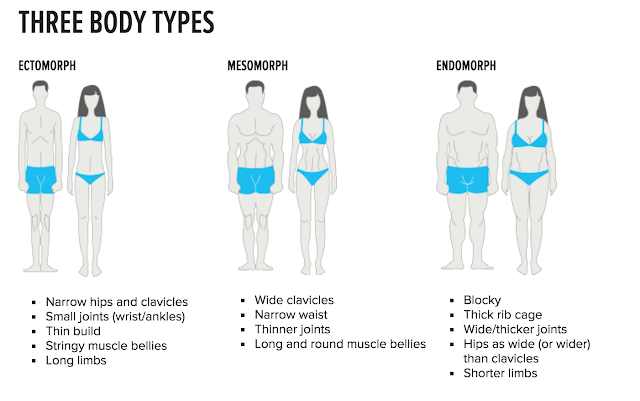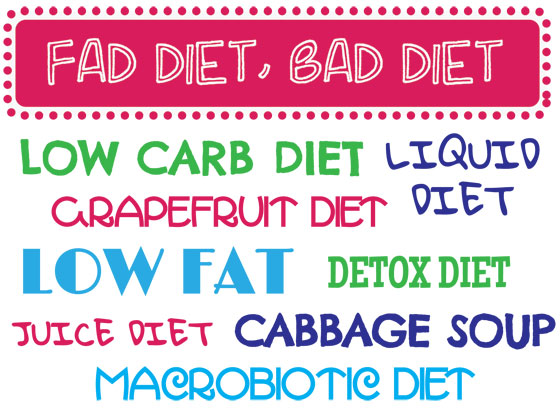Self-help tips for dealing with depression
Be proactive Admit you have a problem - this can be a difficult step, but by accepting that you are struggling with depression, you can take steps towards getting help and feeling better Set realistic goals - try to set yourself daily goals, like getting dressed and leaving the house every day. If you set goals and then achieve them, this can make you feel good about yourself and can lead to you achieving even bigger goals in the future Set yourself a daily schedule – this will help you get some structure into your life. For example, try to cook at certain times of the day, and have time set aside to read a book or do something relaxing Look after yourself physically to feel better mentally Try and exercise every day - exercise boosts the ‘happy chemicals’ in the brain and improves mood. Even walking for a few minutes each day can help Try to get enough sleep - depression can make it difficult to achieve a good night’s sleep, but there are some steps you can take to...

